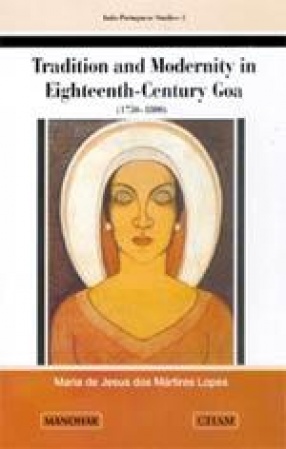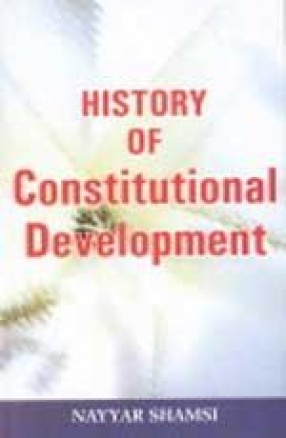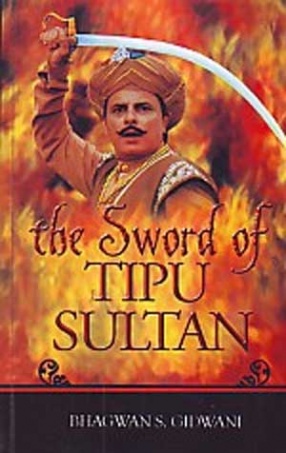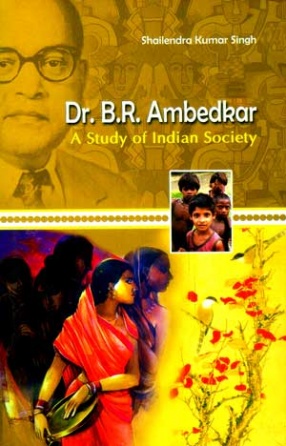Various historical circumstances transformed Goa into a melting pot where people of different faiths and cultures mingled together. This fact gave rise to a social heterogeneity that incorporated diverse habits and traditions. During the transition from the first to the second half of the eighteenth century, profound political, social, economic and mental changes took place-in large measure due to the actions of the Marquis of Pombal-that formed a Goan society whose characteristics continue to the present day. In truth, it was during this period that the great shift to the ‘New conquests’ was set in motion, which almost quadrupled the area of Goa and bestowed a geopolitical unity to the territory. The first section of this book traces the institutional and economic framework of Goa. The next chapter expounds upon Goan society, with a view to characterie the various strata that comprised it and the degree to which they respectively participated in diverse areas of local life. Religion, one of the most essential aspects of Goan society that defined its very structure (the population being divided into Christians, Hindus and Muslims) has been analysed here in great detail. To the best of one’s knowledge, this is the first time that the wealth of information available in the documents of the Pastoral Visits and the Christian Rolls preserved in Goa have been utilized, along with several other important sources. The original work in Portuguese was a Ph.D. thesis that was published in two editions and was awarded the D. Joao de Castro Prize in 1997, attributed by the National Commission for the Commemorations of the Portuguese Discoveries.
Tradition and Modernity: In Eighteenth-Century Goa (1750-1800)
In stock
Free & Quick Delivery Worldwide
reviews
Bibliographic information
Title
Tradition and Modernity: In Eighteenth-Century Goa (1750-1800)
Author
Edition
1st ed.
Publisher
ISBN
8173046891
Length
455p., Tables; Figures; Glossary; Bibliography; Index; 24cm.
Subjects





There are no reviews yet.